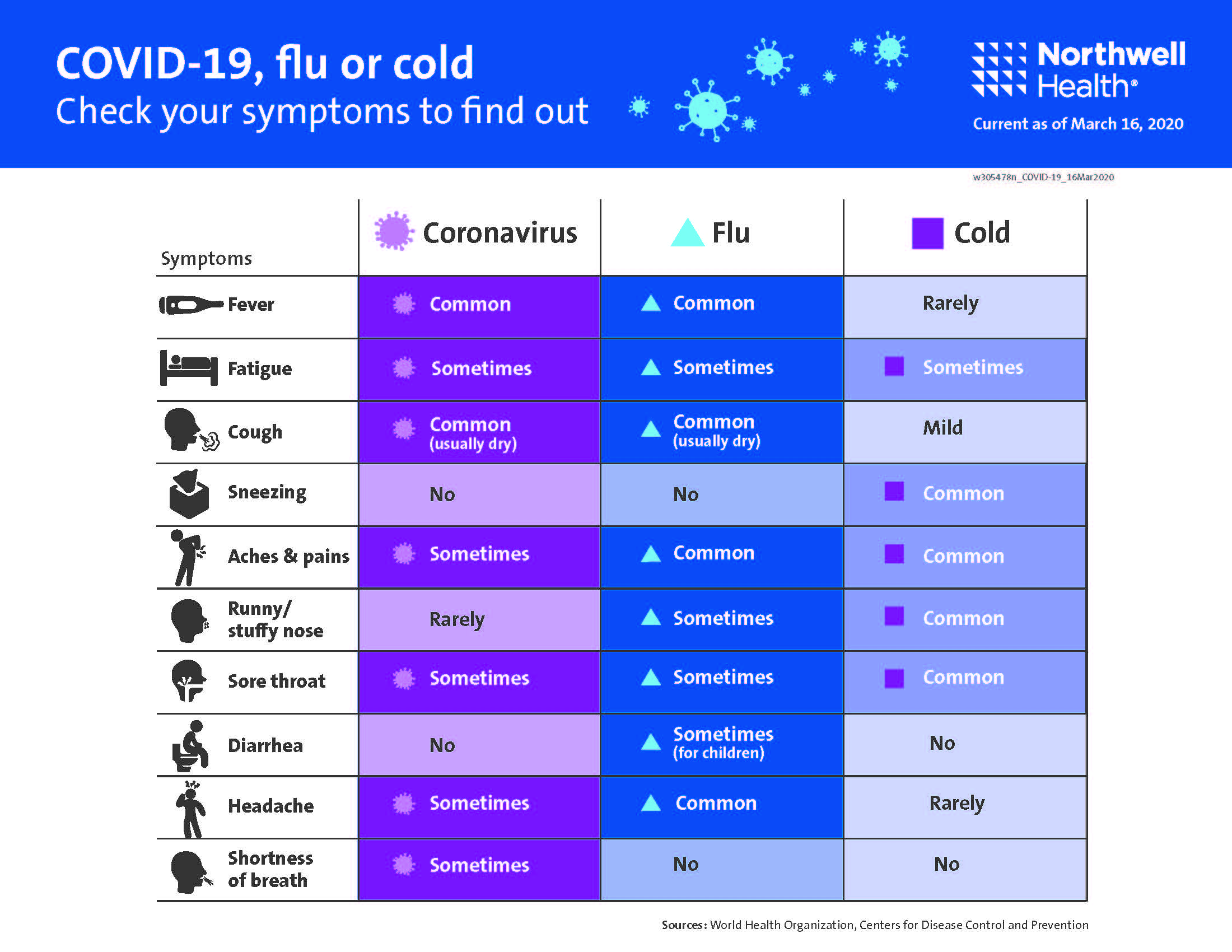Symptoms Associated with COVID-19 Variants
Covid variants symptoms – The symptoms of COVID-19 vary depending on the variant. Some variants, such as the Omicron variant, tend to cause milder symptoms, while others, such as the Delta variant, can cause more severe symptoms.
The Omicron variant of COVID-19 is known to cause a wide range of symptoms, including fever, cough, and fatigue. While these symptoms are similar to those of other variants, the Omicron variant is more likely to cause upper respiratory symptoms, such as a runny nose or sore throat.
The Omicron variant is also more transmissible than other variants, which means that it can spread more easily from person to person. If you are experiencing any symptoms of COVID-19, it is important to get tested and isolate yourself from others to prevent the spread of the virus.
Ned Jarrett , a NASCAR Hall of Famer, has been vocal about the importance of getting vaccinated against COVID-19. Jarrett, who is now 80 years old, said that he got vaccinated as soon as he was eligible and that he encourages everyone else to do the same.
“The vaccine is the best way to protect yourself and your loved ones from this virus,” Jarrett said.
The most common symptoms of COVID-19 include:
- Fever or chills
- Cough
- Shortness of breath or difficulty breathing
- Fatigue
- Muscle or body aches
- Headache
- New loss of taste or smell
- Sore throat
- Congestion or runny nose
- Nausea or vomiting
- Diarrhea
Some people with COVID-19 may also experience more severe symptoms, such as:
- Pneumonia
- Acute respiratory distress syndrome (ARDS)
- Sepsis
- Multi-organ failure
- Death
The long-term effects of COVID-19 are still being studied, but some people who have recovered from the virus have reported experiencing long-term symptoms, such as:
- Fatigue
- Shortness of breath
- Cognitive problems
- Muscle pain
- Joint pain
- Depression
- Anxiety
Distinguishing Symptoms of COVID-19 Variants: Covid Variants Symptoms

The emergence of COVID-19 variants has introduced new challenges in symptom recognition and diagnosis. While the original strain and its variants share common symptoms, subtle differences exist, making it crucial to understand the distinguishing characteristics.
The following table compares the most prevalent symptoms of the original COVID-19 strain and its major variants:
| Symptom | Original Strain | Alpha Variant (B.1.1.7) | Beta Variant (B.1.351) | Gamma Variant (P.1) | Delta Variant (B.1.617.2) | Omicron Variant (B.1.1.529) |
|---|---|---|---|---|---|---|
| Fever | Common | Common | Common | Common | Common | Less common |
| Cough | Common | Common | Common | Common | Common | Less common |
| Shortness of breath | Common | Common | Common | Common | Common | Less common |
| Loss of taste or smell | Common | Less common | Less common | Less common | Less common | Rare |
| Fatigue | Common | Common | Common | Common | Common | Common |
| Headache | Common | Common | Common | Common | Common | Common |
| Muscle or body aches | Common | Common | Common | Common | Common | Common |
| Nausea or vomiting | Less common | Less common | Less common | Less common | Less common | Less common |
| Diarrhea | Less common | Less common | Less common | Less common | Less common | Less common |
It is important to note that these symptoms can vary widely between individuals, and some people may experience only mild symptoms or no symptoms at all. Additionally, the emergence of new variants may lead to further changes in symptom presentation.
Challenges in Diagnosing COVID-19 Variants Based on Symptoms
Relying solely on symptoms to diagnose COVID-19 variants can be challenging due to the overlap in symptoms between the original strain and its variants. This overlap makes it difficult to determine which variant a person has based on their symptoms alone.
Furthermore, the symptoms of COVID-19 can be similar to those of other respiratory illnesses, such as the flu or common cold. This can make it difficult to differentiate between COVID-19 and other illnesses, especially during the early stages of infection.
To accurately diagnose a COVID-19 variant, laboratory testing is typically required. These tests can identify the specific variant of the virus present in a person’s sample.
Managing Symptoms of COVID-19 Variants

Managing symptoms of COVID-19 variants is crucial for recovery and preventing severe complications. Here are practical tips and guidance to help you navigate mild to moderate symptoms at home and know when to seek medical attention.
Rest and Hydration
Adequate rest is essential for the body to heal. Get plenty of sleep and avoid strenuous activities. Stay hydrated by drinking fluids regularly, such as water, electrolyte-rich drinks, or clear broth.
Over-the-Counter Medications, Covid variants symptoms
Over-the-counter medications can help alleviate symptoms such as fever, body aches, and congestion. Acetaminophen or ibuprofen can reduce fever and pain. Decongestants or antihistamines can relieve nasal congestion and sneezing.
When to Seek Medical Attention
Seek medical attention if you experience severe symptoms such as:
- Difficulty breathing or shortness of breath
- Chest pain or pressure
- Confusion or disorientation
- Bluish lips or face
- Persistent fever over 103°F (39.4°C)
- New or worsening cough
If you have underlying health conditions or are at high risk for severe illness, consult your doctor even for mild symptoms.
With the emergence of new COVID variants, symptoms have become increasingly diverse. From fever and fatigue to respiratory issues and loss of taste, the virus continues to pose a challenge. Amidst this, news of brandon aiyuk steelers has sparked interest.
While the wide receiver’s performance on the field has been commendable, it’s crucial to stay vigilant against the evolving nature of COVID variants and their potential impact on our health.